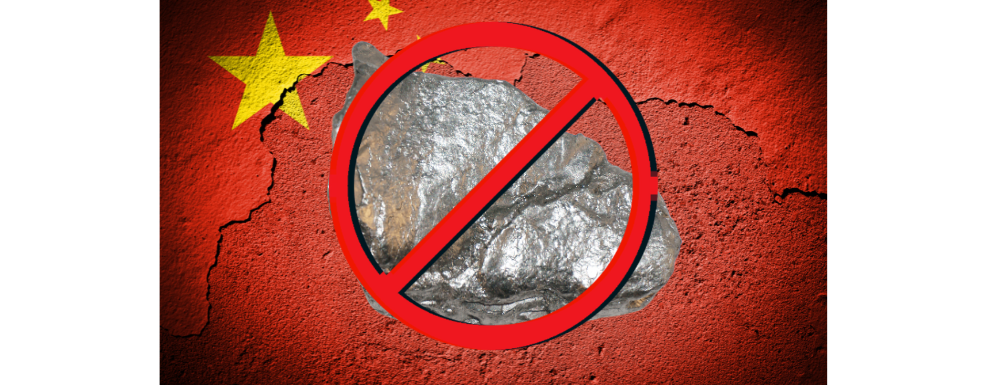Friday, China issued a ban on exports of graphite without government permission. Necessary for electric car batteries and steel, the restrictions take effect on Dec 1st. An economist in Beijing, Tian Yun, told the Chinese newspaper Global Times that similar moves will be more commonplace if the U.S. continues to escalate sanctions on technology against China.
The Biden administration expanded the Trump administration’s trade war with China with export bans on semiconductors needed to power artificial intelligence applications. In July, China put new export controls on two metals used to make computer chips and solar panels: gallium and germanium.
China is the world’s top producer and exporter of graphite, with 65% of the global supply and nearly 90% of the battery-grade version. The U.S. is the largest importer, followed by the European Union and South Korea. Imports for consumption in the U.S. surged by more than 50% from 2021 to 2022.
The U.S. currently mines none of its own graphite, although three U.S. companies are looking to develop graphite mines in the U.S.: two in Alabama and one in Alaska. The administration offered $37.5 million through grants issued via the Cold War-era Defense Production Act to boost the Alaskan project and support a processing facility in Washington state. Virtually every lithium-ion battery chemistry uses graphite as its anode.
The rush for graphite could put a new focus on countries in Africa. Madagascar, Mozambique, and Tanzania have large reserves and increased mine production significantly from 2021 to 2022. The largest graphite reserves outside of China are in Brazil and Turkey, but mining increased only marginally in both places.
While the U.S. and its allies have been slow to prioritize domestic mining and processing, China has continued to increase its share of global production and deepen ties with major producers in Africa and Asia. Many countries are now putting more government controls over mining, including incentivizing Chinese, American, and European companies to set up local processing plants.

